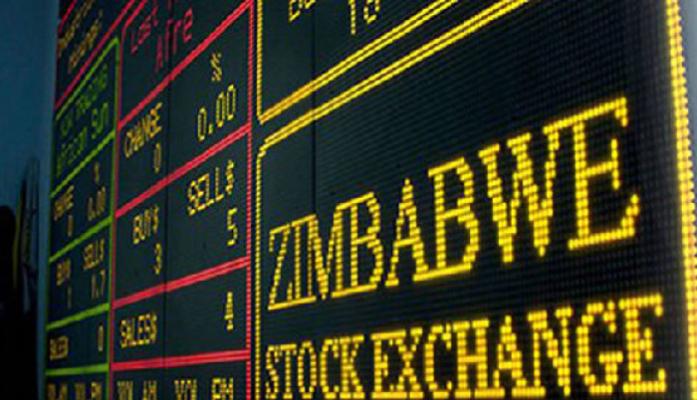News / Local
ZSE outshines VFEX in wealth creation
26 Sep 2024 at 12:37hrs |
0 Views

The Zimbabwe Stock Exchange (ZSE) has emerged as the preferred investment destination for those seeking wealth creation, surpassing the foreign currency-denominated Victoria Falls Stock Exchange (VFEX), according to trading experts. The ZSE's stability and impressive year-to-date performance are key factors drawing investors back to the local bourse.
Michael Mautsahuku, company secretary and portfolio manager at Smartvest Wealth Managers, highlighted the ZSE's robust performance during the recently concluded Chartered Governance and Accountancy Institute in Zimbabwe (CGI) annual conference held in Victoria Falls. "As of last Thursday, the all-share index on the ZSE showed a remarkable year-to-date performance of 160%," Mautsahuku stated, contrasting it with the VFEX's meager 3.15%.
The VFEX was launched in 2020 to facilitate trading in foreign currency and attract companies seeking to raise capital in a hyperinflationary environment. Several top companies delisted from the ZSE to list on the VFEX, hoping to enhance their operational funding. However, Mautsahuku argues that the ZSE continues to offer real returns, as evidenced by the top-performing stocks: Unifreight (977.8% return), Art (442% return), FBC (414% return), Marsh (367.7% return), and Proplastics (342.89% return).
In contrast, the best-performing stock on the VFEX, FCB Bank, achieved a year-to-date return of 115.3%, while other notable performers like National Foods and Bindura reported lower returns of 31.3% and 10.6%, respectively. Mautsahuku noted that the negative performance on the VFEX was evident with Zimplow suffering a significant loss of 55.6%.
The analyst emphasized that the ZSE is outperforming the VFEX based on a comparison of the top five performers from both exchanges. He stated, "The long and short of it is, if you want to create money based on the state of affairs as of yesterday, money is being created on the ZSE, which is based on local currency."
Despite the VFEX offering remittances in hard currency, many traders are reportedly losing money, prompting Mautsahuku to advise investors to base their choices on measurable fundamentals. He suggested that individuals, including pension funds, should carefully assess their investment objectives—whether to hold onto stocks in anticipation of future gains or to cut losses and seek alternative options.
The ZSE's recent stability and performance contrast sharply with the volatility and policy inconsistencies that have plagued Zimbabwe's stock market in the past. As investor confidence grows, the ZSE is increasingly seen as a viable avenue for wealth creation in a challenging economic landscape.
Michael Mautsahuku, company secretary and portfolio manager at Smartvest Wealth Managers, highlighted the ZSE's robust performance during the recently concluded Chartered Governance and Accountancy Institute in Zimbabwe (CGI) annual conference held in Victoria Falls. "As of last Thursday, the all-share index on the ZSE showed a remarkable year-to-date performance of 160%," Mautsahuku stated, contrasting it with the VFEX's meager 3.15%.
The VFEX was launched in 2020 to facilitate trading in foreign currency and attract companies seeking to raise capital in a hyperinflationary environment. Several top companies delisted from the ZSE to list on the VFEX, hoping to enhance their operational funding. However, Mautsahuku argues that the ZSE continues to offer real returns, as evidenced by the top-performing stocks: Unifreight (977.8% return), Art (442% return), FBC (414% return), Marsh (367.7% return), and Proplastics (342.89% return).
The analyst emphasized that the ZSE is outperforming the VFEX based on a comparison of the top five performers from both exchanges. He stated, "The long and short of it is, if you want to create money based on the state of affairs as of yesterday, money is being created on the ZSE, which is based on local currency."
Despite the VFEX offering remittances in hard currency, many traders are reportedly losing money, prompting Mautsahuku to advise investors to base their choices on measurable fundamentals. He suggested that individuals, including pension funds, should carefully assess their investment objectives—whether to hold onto stocks in anticipation of future gains or to cut losses and seek alternative options.
The ZSE's recent stability and performance contrast sharply with the volatility and policy inconsistencies that have plagued Zimbabwe's stock market in the past. As investor confidence grows, the ZSE is increasingly seen as a viable avenue for wealth creation in a challenging economic landscape.
Source - the standard
Join the discussion
Loading comments…


































